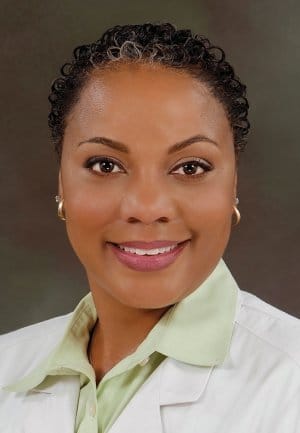
More Hearing Health Articles
Protect Your Hearing On a Daily Basis
The ability to hear is a gift it's something to value and protect because typically, once it's gone, you can't get it back. Here are a few tips for protecting this gift on a daily basis.
Know How Loud Is Too Loud
Exposure to sounds above 85 decibels (dB) for prolonged periods of time can cause permanent hearing loss. It would take eight hours of exposure to a vacuum cleaner (85dB) or four hours of exposure to a hair dryer or power tools (90dB) to cause permanent hearing loss. Even more important to know is that more than 15 minutes at a concert (which is usually measured around 110dB) will cause damage; more than one hour on a motorcycle or using a lawn mower (measured around 100dB) also will cause hearing loss.
Keep The Volume Down On Digital Music Devices
Listening to music loudly on devices, such as MP3s, for a prolonged amount of time is like having a rock concert in your ears for hours. If the person beside you can hear what you're listening to, it's too loud and could be damaging. A digital music device is measured around 105dB and exposure for more than 30 minutes will cause permanent damage. Ear buds that do not exceed a certain decibel level are available from your local hearing healthcare provider to help protect your hearing while still allowing you to enjoy your music.
Wear Hearing Protection Around Loud Noises.
When used properly, the foam ear inserts can work effectively; however, these are usually inserted incorrectly and aren't effective. Comfortable, custom-made ear protection is available from your local hearing healthcare provider for specific purposes/activities such as hunting, musicians, motor-sports enthusiasts, or even for work.
Pinpointing a particular cause for an individual's hearing loss is not usually possible. Hearing loss may occur as a result of the aging process, ear wax buildup, viral or bacterial infections, heart conditions or stroke, head injuries, tumors, certain medications, heredity, or exposure to loud sounds. Typically it is a combination of factors that have permanently damaged the hearing organ over time.
But, did you know audiology isn't only about hearing? A broader definition, and in terms of the clinical field of study, audiology is the discipline involved in the identification, diagnosis, evaluation and treatment of hearing and balance disorders.
When you need help with hearing, dizziness, vertigo, tinnitus (ringing or buzzing in the ears), hearing aids, custom ear plugs for noise or swimming or hearing aid service/repair, you go to an audiologist.
A Doctor of Audiology (Au.D.) has been specifically trained to identify, diagnose, monitor, rehabilitate and provide non-medical treatment for disorders of the hearing and balance portions of the ear. Audiologists assess your entire auditory and/or vestibular systems and recommend a solution to treat your symptom(s). Oftentimes, primary care physicians and specialists rely on the information gathered by an audiologist in the course of treating their patients.
Other Articles You May Find of Interest...
- 6 Secrets to Getting Your Stubborn Parent to Try Hearing Aids
- Five Important Reasons To Schedule A Yearly Hearing Exam
- Difficulty Hearing Over The Phone?
- Hearing Loss and Your Overall Health
- Assistive Telecommunications Equipment Provided By the State
- Speech Disability and Using the Telephone
- Keeping Maryland Residents Connected

















